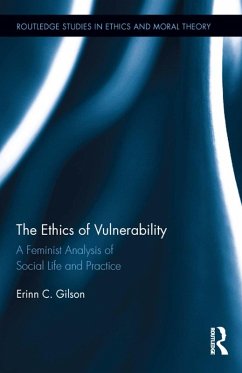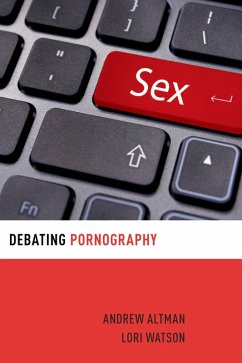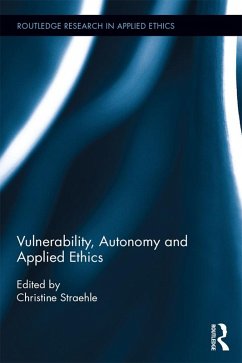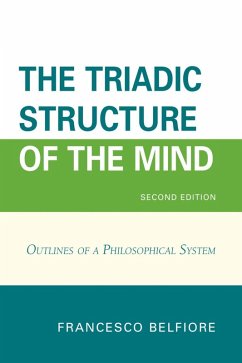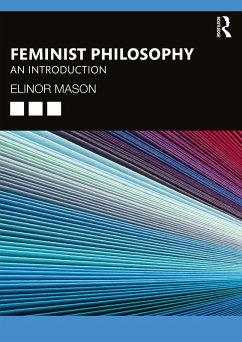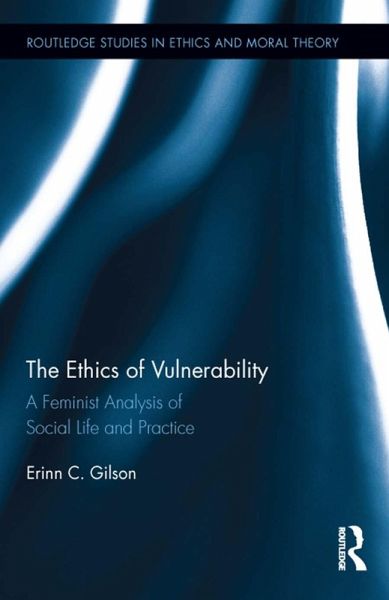
The Ethics of Vulnerability (eBook, ePUB)
A Feminist Analysis of Social Life and Practice
Versandkostenfrei!
Sofort per Download lieferbar
44,95 €
inkl. MwSt.
Weitere Ausgaben:

PAYBACK Punkte
22 °P sammeln!
As concerns about violence, war, terrorism, sexuality, and embodiment have garnered attention in philosophy, the concept of vulnerability has become a shared reference point in these discussions. As a fundamental part of the human condition, vulnerability has significant ethical import: how one responds to vulnerability matters, whom one conceives as vulnerable and which criteria are used to make such demarcations matters, how one deals with one's own vulnerability matters, and how one understands the meaning of vulnerability matters. Yet, the meaning of vulnerability is commonly taken for gra...
As concerns about violence, war, terrorism, sexuality, and embodiment have garnered attention in philosophy, the concept of vulnerability has become a shared reference point in these discussions. As a fundamental part of the human condition, vulnerability has significant ethical import: how one responds to vulnerability matters, whom one conceives as vulnerable and which criteria are used to make such demarcations matters, how one deals with one's own vulnerability matters, and how one understands the meaning of vulnerability matters. Yet, the meaning of vulnerability is commonly taken for granted and it is assumed that vulnerability is almost exclusively negative, equated with weakness, dependency, powerlessness, deficiency, and passivity. This reductively negative view leads to problematic implications, imperiling ethical responsiveness to vulnerability, and so prevents the concept from possessing the normative value many theorists wish it to have. When vulnerability is regarded as weakness and, concomitantly, invulnerability is prized, attentiveness to one's own vulnerability and ethical response to vulnerable others remain out of reach goals. Thus, this book critiques the ideal of invulnerability, analyzes the problems that arise from a negative view of vulnerability, and articulates in its stead a non-dualistic concept of vulnerability that can remedy these problems.
Dieser Download kann aus rechtlichen Gründen nur mit Rechnungsadresse in A, B, BG, CY, CZ, D, DK, EW, E, FIN, F, GR, HR, H, IRL, I, LT, L, LR, M, NL, PL, P, R, S, SLO, SK ausgeliefert werden.




